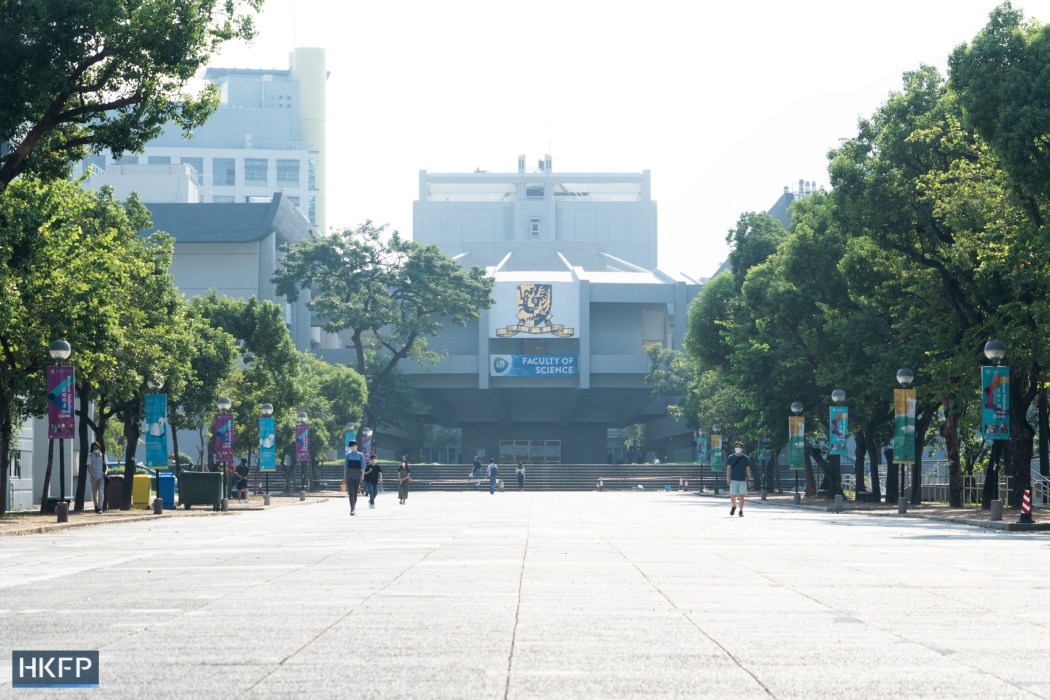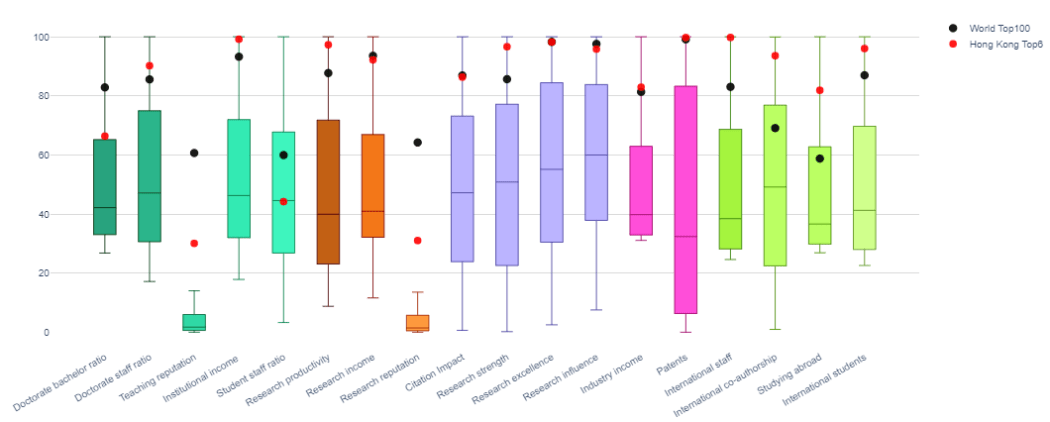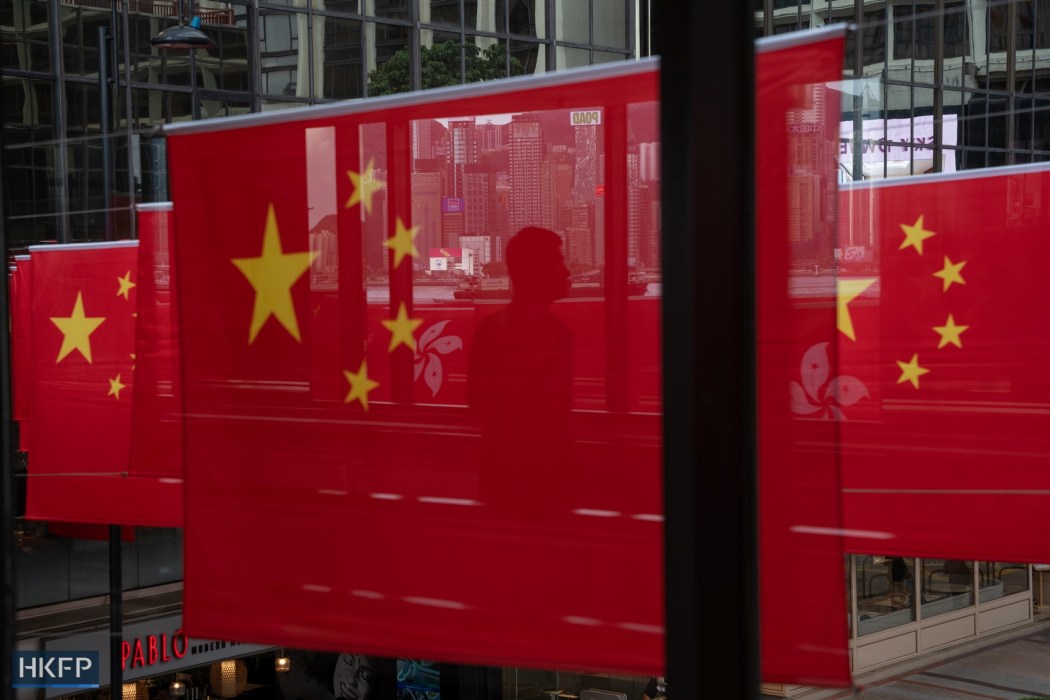Four of Hong Kong’s publicly funded universities have fallen in a global ranking of the world’s top 100 institutions.

In the Times Higher Education (THE) World University Rankings 2024 released on Wednesday, the University of Hong Kong (HKU) dropped four places from 31st to 35th. HKU ranked 35th in 2020, 39th in 2021, and 30th in 2022, before dropping once place in 2023 and another four in 2024.
HKU maintained its spot as the top institution in the city, according to the ranking. The Chinese University of Hong Kong, meanwhile, fell to 53rd for 2024, after climbing from 57th to 45th place from 2020 to 2023.
The Polytechnic University of Hong Kong also saw a decline after a sustained climb. It ranked 87th in THE’s 2024 ranking, after it went from 171st worldwide in 2020 to 79th in 2023. Also ranked at 87th are Scotland’s University of Glasgow and Humboldt University of Berlin in Germany.

The Hong Hong University of Science and Technology fell six places from 58th in 2023 to 64th in 2024. It shares its 2024 ranking with Brown University in the US and Wageningen University & Research in the Netherlands.
The City University of Hong Kong climbed 17 places, cementing itself in the global top 100. It stood at 126th for two years in 2020 and 2021, before falling to 151st in 2022. It then climbed to 99th in 2023 and 82nd for 2024.
The Hong Kong Baptist University, which placed in the 501 to 600 bracket last year, was ranked between 301st place and 305th for 2024.
Patents and reputation
This year’s rankings are based on 18 metrics, including three new ones that judge research quality and one relating to patents. According to THE, Hong Kong’s institutions were top performers in research quality worldwide with an average score of 91.6 out of 100, while its score for patents rose from 64.9 to 91.4.

Chief global affairs officer Phil Baty said in a statement that the new indicators highlighted Hong Kong’s excellence in the fields of research and intellectual property.
While Hong Kong universities exceed the global average on most metrics, according to the report, they scored significantly lower in research reputation and teaching reputation. Those two indicators are derived from nominations made by academics selected by the ranking organisation.
International talent
“Hong Kong is at the very heart of a thriving global knowledge hub in the Greater Bay Area, providing a bridge between East and West to draw-in international talent and driving the knowledge economy,” Baty said in the statement.

According to a document from the Census and Statistics Department, there has been a steady climb in enrolments from mainland Chinese students – from 12,032 in the 2016/2017 school year to 16,229 in the 2022/2023 school year.
The National University of Singapore, meanwhile, remained at 19th place for the second consecutive year, after it ranked 21st in 2022, and 25th in 2021.
Hong Kong dropped two places to 16th in attracting talent in the International Institute for Management Development’s annual World Talent Ranking released last week, behind regional rival Singapore, which placed eighth worldwide.
According to the Academic Freedom Index 2023, compiled by the Friedrich Alexander Universitat’s Institute of Political Science, universities and scholars in the city enjoy significantly less freedom today than they did 10 years ago.

The Beijing-imposed national security law, which came into effect in June 2020 and criminalised secession, subversion, terrorism and foreign collusion, has also had an impact on Hong Kong’s education sector.
Undergraduates at publicly-funded institutions are required to pass an introductory course on the Beijing-imposed law to graduate. Students at the University of Hong Kong told HKFP that while they did not feel like they were being brainwashed by the course, it failed to clarify where the “red lines” were drawn.
Educators have also been warned by their administrators to be careful of how they teach, with one college saying it had a “zero-tolerance against politics or personal political views brought into classrooms.”
Support HKFP | Policies & Ethics | Error/typo? | Contact Us | Newsletter | Transparency & Annual Report | Apps
Help safeguard press freedom & keep HKFP free for all readers by supporting our team

LATEST FROM HKFP
HKFP has an impartial stance, transparent funding, and balanced coverage guided by an Ethics Code and Corrections Policy.
Support press freedom & help us surpass 1,000 monthly Patrons: 100% independent, governed by an ethics code & not-for-profit.










